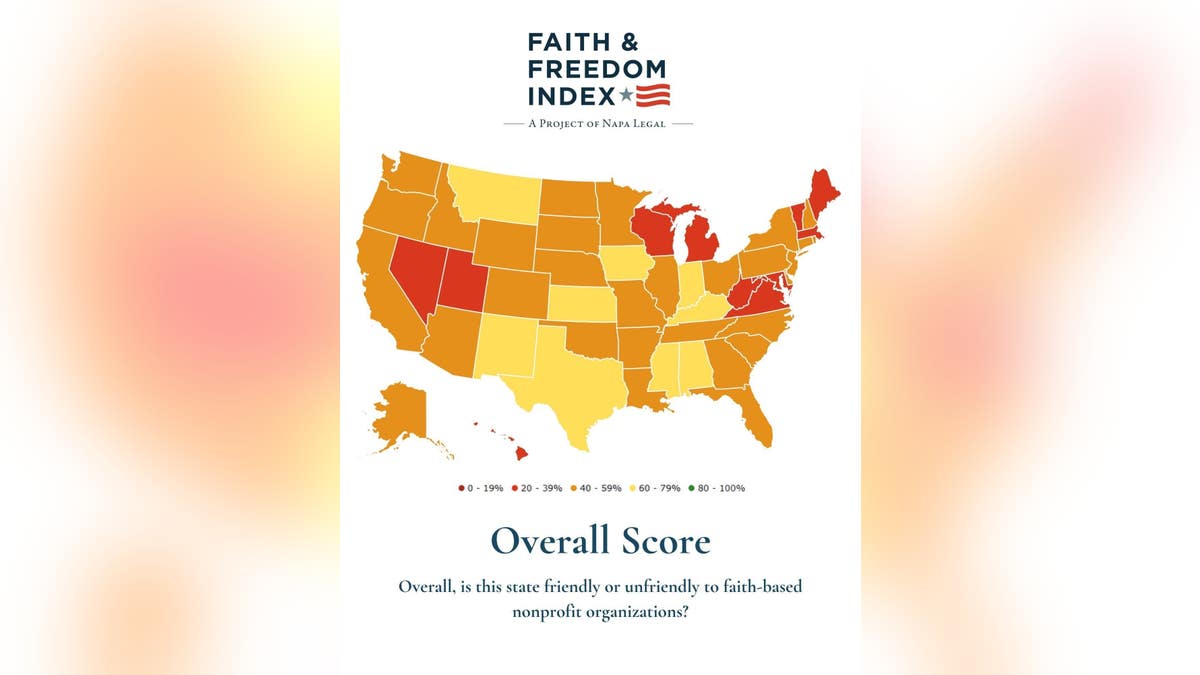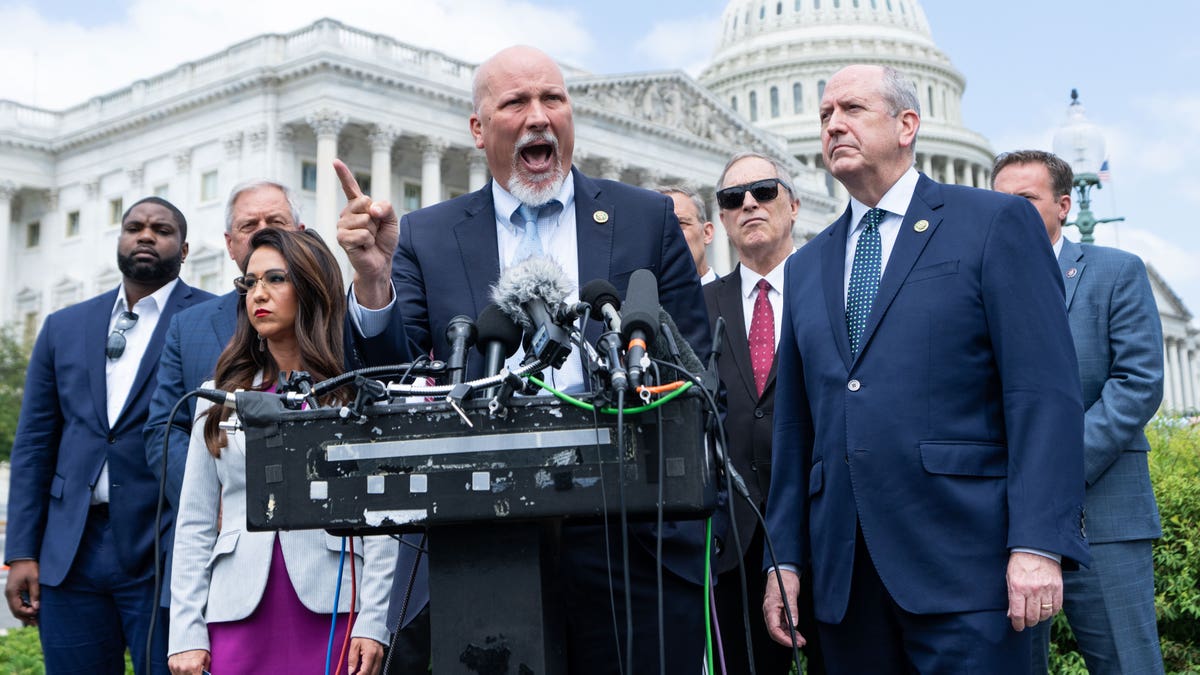A groundbreaking study has evaluated how state laws across the U.S. safeguard the operational freedom of faith-based organizations, revealing significant disparities in their approaches to religious liberty and regulatory burdens.
The Napa Legal Institute's inaugural "Faith and Freedom Index" provides a comprehensive ranking of all 50 states and the District of Columbia, assessing their legal frameworks concerning faith-based, tax-exempt nonprofits. The index focuses on 14 distinct factors categorized under religious freedom and regulatory freedom, offering insights into the practical implications for faith-based groups operating within each state.

States with robust constitutional provisions for religious freedom and comprehensive nonprofit religious corporation laws were given higher marks. Conversely, factors like taxes, audit requirements for fundraising, and the presence of modern nondiscrimination laws (including sexual orientation and gender identity) impacted scores.
Interestingly, no state achieved an 80% or higher rating in both categories. While a significant number of states scored below 40% on religious freedom, the picture was more positive regarding regulatory freedom from excessive oversight.
Alabama and Texas emerged as leaders in the overall rankings, while Michigan lagged significantly. Maryland, Nevada, Wisconsin, Massachusetts, Maine, Hawaii, Utah, Virginia, Vermont, and West Virginia also fell towards the bottom of the list.

Alabama stood out as the sole state exceeding 80% in protecting religious freedom, largely due to a constitutional amendment offering substantial protections for religious organizations. Texas secured the second position, also citing strong constitutional protections, including provisions for religious exercise during emergencies and broad exemptions from charitable registration laws. Notably, Texas is currently challenging an Obama-era anti-discrimination rule impacting faith-based adoption and foster care agencies.
On the other end of the spectrum, Nevada received the nation's lowest score for protecting religious freedom at 18%, attributed partly to the presence of a Blaine Amendment and the absence of a Religious Freedom Restoration Act. Michigan faced criticism for its regulatory environment, which was deemed the most burdensome for faith-based nonprofits.

Oregon, on the other hand, earned the highest score for regulatory freedom. Missouri, Iowa, Wyoming, Montana, and Indiana also performed well in this area.
The Napa Legal Institute emphasizes this report highlights the need for states to prioritize these freedoms in their legislative agendas. They advocate for minimizing regulatory burdens, focusing oversight on genuine wrongdoers, and fostering collaboration with nonprofits to ensure clarity and support for these vital organizations.

Comments(0)
Top Comments